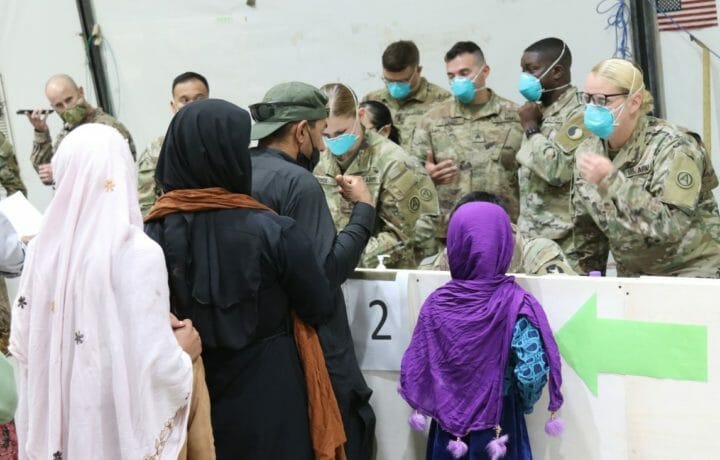Earlier this month the Department of State launched the Welcome Corps, an initiative designed to help refugees coming to the United States. The program provides information, resources, and creates a framework for individuals to work together in small groups to provide a variety of resources to refugees from different countries, including Afghanistan, Ukraine, and Venezuela.
The desire to give back and get involved with the refugee community is nothing new – in the wake of the Afghanistan drawdown and a massive need for help and resources for citizens from Afghanistan, many security clearance holders including a number of veterans who had served overseas wondered how they could help – and if that help would impact their security clearance.
With the announcement of Ukraine’s volunteer corps, many U.S. citizens also wondered what impact joining that overseas effort would have on their clearance eligibility.
Like all issues involving the security clearance process, the rules are somewhat open to interpretation (what in the heck is a ‘bond of affection’ anyway?) – but whether you’re looking to help a refuge through Welcome Corps or another local charity or volunteer opportunity, the guidelines are similar – consider what type of support you’re providing, carefully read the self-reporting guidelines, and when in doubt, report the service to your security officer.
In many ways, the Welcome Corps seems like a ‘safer’ option for many security clearance holders who want to be involved in the refugee community to consider. Because you’re interacting in a group, there are likely different ways to serve – some that may offer differing degrees of personal involvement. And while it’s a good reminder to remember that it’s likely a good idea to report your involvement to your security officer – you don’t need to tell the Welcome Corps that you have a security clearance. A bit of discretion about your job is always advisable, but particularly in any interaction involving foreign nationals.




